Michigan’s diverse regions require tailored fertilization strategies. TruGreen serves communities across the state, from large cities to lakeshore towns, and adapts lawn care programs to match local growing conditions.
Southeast Michigan (Detroit, Ann Arbor, Bloomfield Hills, Livonia, Troy, Novi, Canton, Dearborn)
- A longer growing season provides more flexible application windows.
- Clay-heavy soils benefit from core aeration.
- Pre-emergent weed control is especially important for crabgrass and summer weed prevention.
- Lawns in Ann Arbor and Bloomfield Hills often need additional weed control to combat broadleaf weeds.
Northern Michigan (Traverse City, Petoskey, Alpena, Gaylord, Cadillac)
- Cooler soil temperatures delay spring applications until late spring.
- A shorter growing season means fall fertilization is critical for strong roots.
- Aeration and overseeding in late summer help lawns recover from seasonal stress.
- Lake-effect weather in areas like Traverse City can affect timing for the winterizer feeding.
Western Michigan (Grand Rapids, Holland, Muskegon, Kalamazoo, Benton Harbor, Lakeshore Communities)
- Watering your lawn is not only required for proper plant hydration, but it also helps push fertilizer into the soil for maximum root uptake.
- Humidity along the lakeshore increases the risk for lawn diseases such as read thread and brown patch.
- Summer feedings should be light to reduce stress on turf in high humidity.
- Sandy soils in Holland and Muskegon benefit from more frequent, smaller feedings.


 Branch Finder
Branch Finder





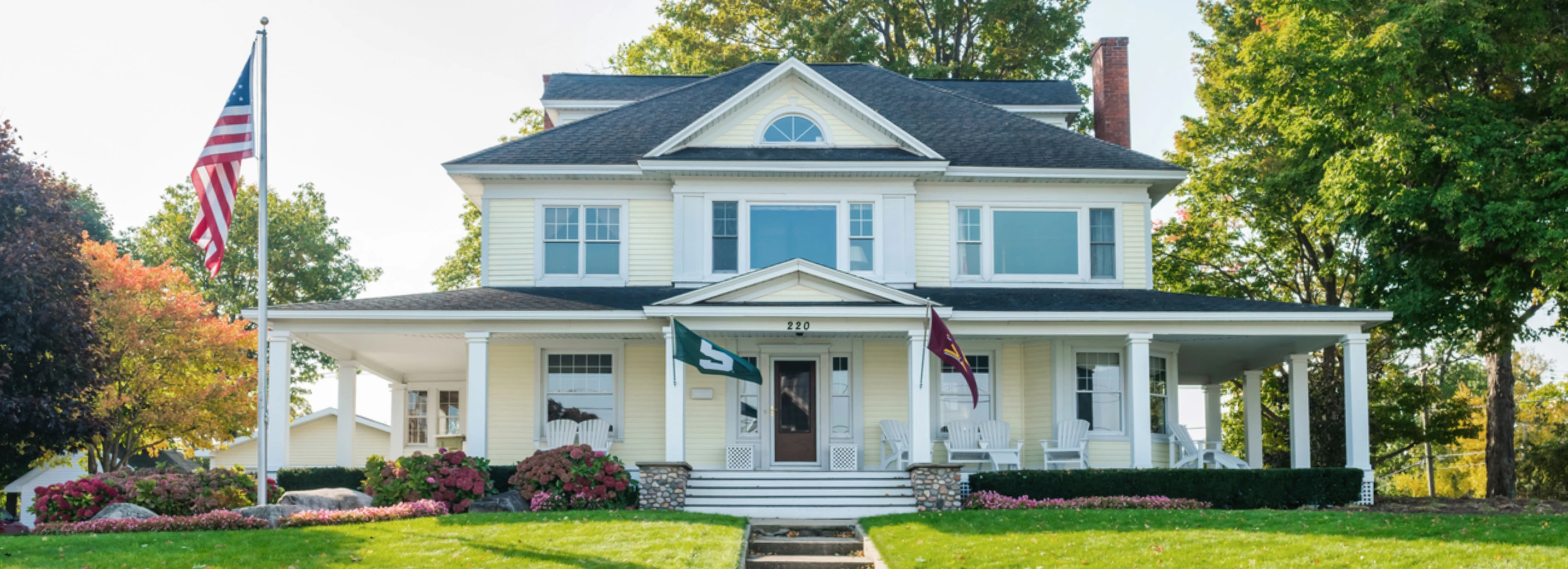




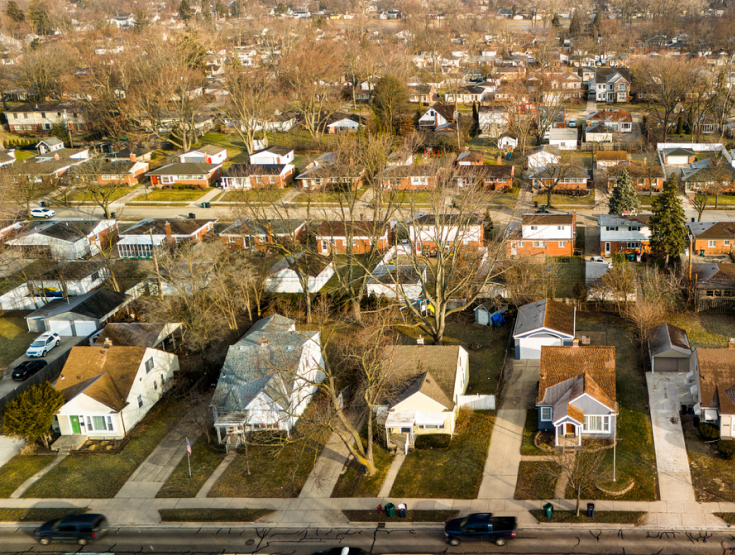
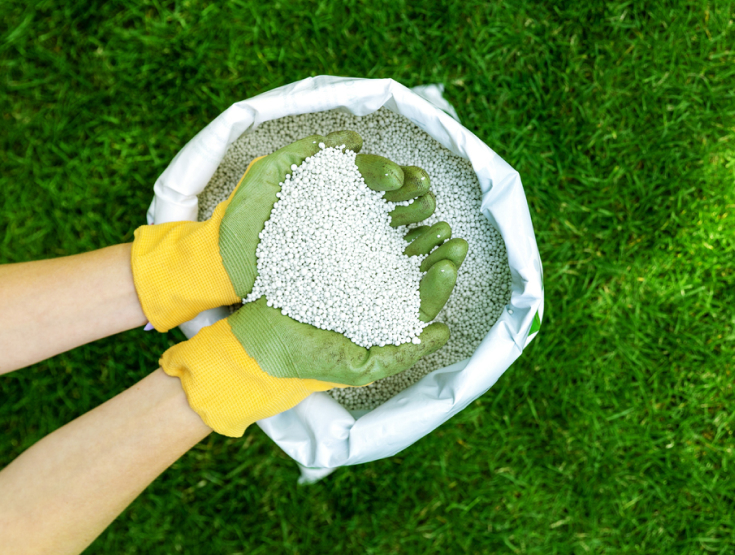
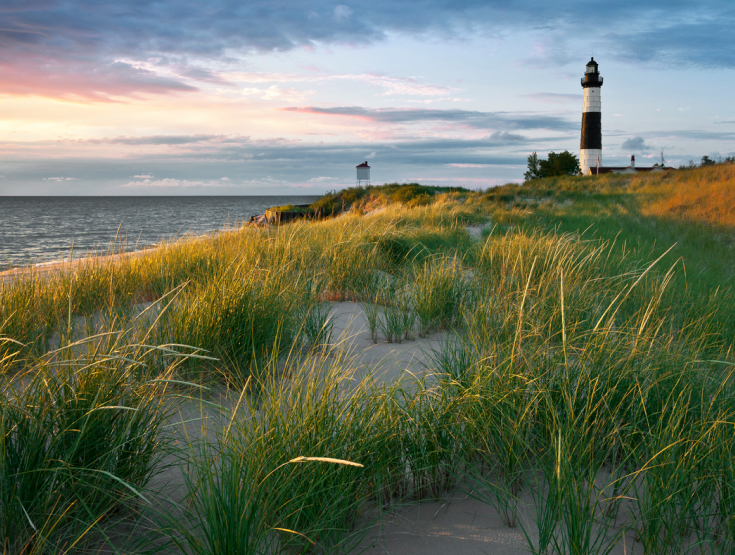
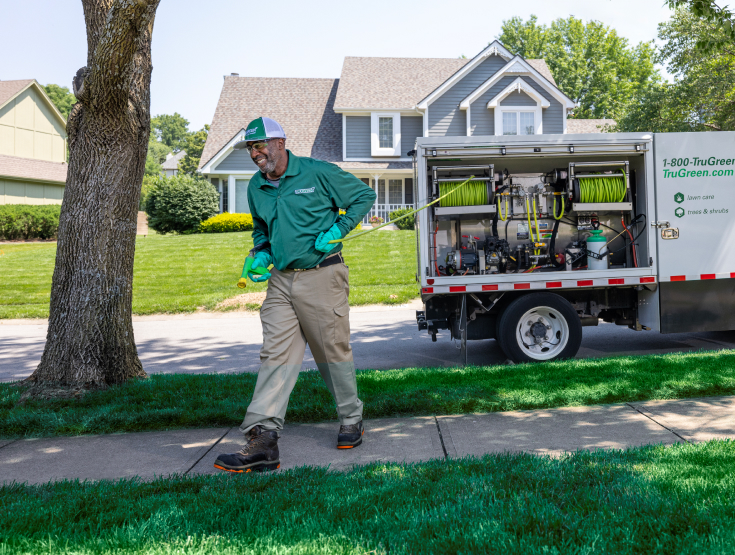
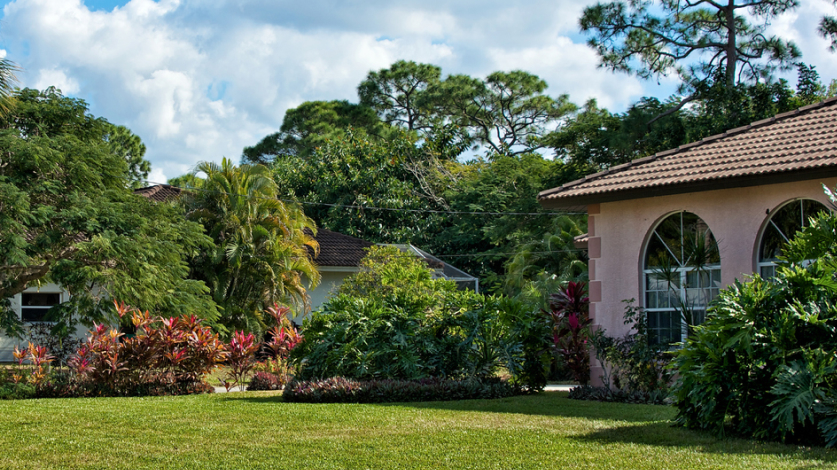
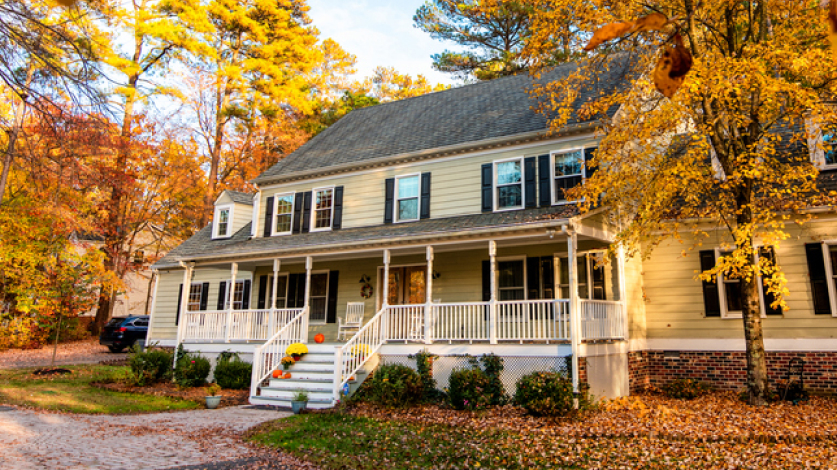

 Back to all blogs
Back to all blogs

Facebook
X
Youtube
Copy Link
Email